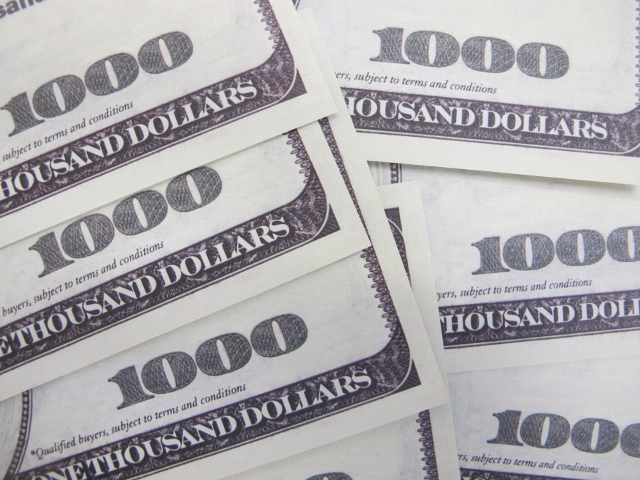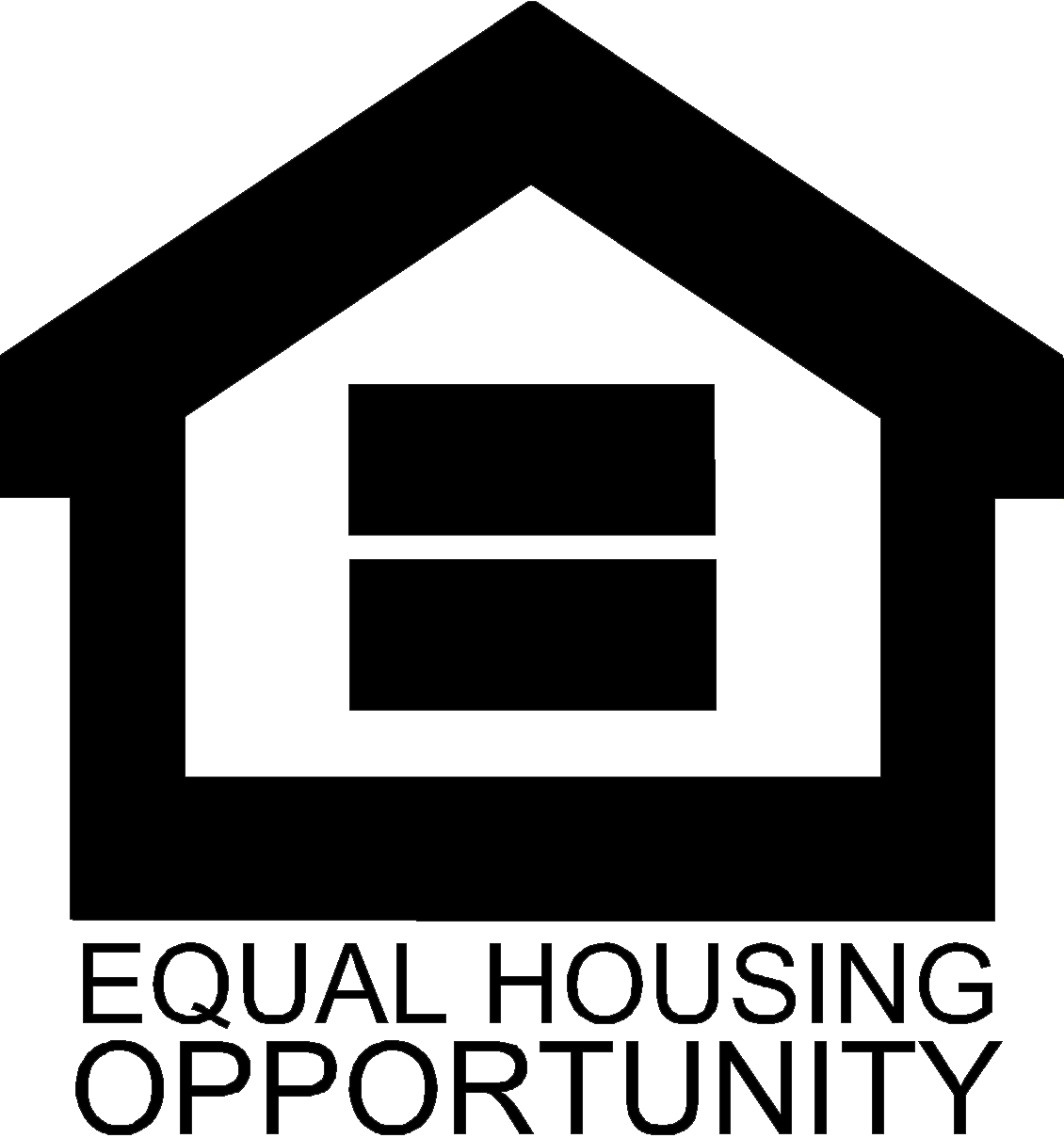Conventional wisdom states that you need a 20% down payment to purchase a home right? Financial gurus and many home buying and financial experts will tell you that 20% is the standard when it comes to the amount to put down on a home right? But is a 20% down payment necessary when buying a home?
In short no. In fact a recent study by Realty Trac indicated that down payment amounts are trending downward. Although saving enough money for a down payment is not an easy goal ownership a 20% down payment is not a requirement, and there are alternatives.
FHA Financing:
For those a bit short on down payment money a FHA (Federal Housing Administration) loan, with down payment requirements as low as 3.5%, has become the financing vehicle of choice for many. An FHA loan is a mortgage insured by the Federal Housing Administration, a government agency within the US Department of Housing and Urban Development. Borrowers with FHA loans also benefit from less stringent credit and underwriting standards than with a conventional loan. Because the FHA is not a lender, but rather an insurer, borrowers need to get their loan through an FHA approved lender.
A Mortgage Insurance Premium (MIP) is required on FHA loans and comes in two parts. The upfront premium is 1.75% of the loan amount for example $1,750 for a $100,000 loan. This upfront premium is paid when the borrower gets the loan. It can be financed as part of the loan amount.
The second mortgage insurance premium is referred to as the annual premium, although it is paid on a monthly basis.
– 30-year loan, down payment (or equity) of less than 5 percent: 0.85%
– 30-year loan, down payment (or equity) of 5 percent or more: 0.8%
VA Financing
If you are a veteran you may qualify for a VA loan with no payment. Via the Department of Veterans Affairs, veterans of the U.S. Armed Services can access loan programs not available to the typical consumer. Furthermore a VA loan requires no mortgage insurance ever, regardless of your down payment. Whether you finance 100% of your home or make a 0% down payment, the VA will never charge to insure your loan.
USDA Rural Housing Financing:
Another low down payment option for today’s home buyers is the USDA Rural Housing Loan, also known as the Section 502 loan.
The USDA loan is a bit of a misnomer. It is not just available in rural areas it is available in some suburban neighborhoods as well.
Like the VA loan, USDA mortgages do not require a down payment. Home buyers can finance up to 100% of a home’s purchase price and, in some instances.
The USDA loan program is backed by the U.S. Department of Agriculture and the program is meant to help households of modest means. As such, the program enforces maximum income limits for its borrowers based on the typical income for the area.
Conventional Financing:
Conventional loans are also available with as little as 5% down but carry higher credit score requirements and stricter underwriting standards. Conventional loans with less than 20% also require mortgage insurance known as private mortgage insurance (PMI).
In both cases mortgage insurance protects the lender in case you can’t make your payments and the house is foreclosed on.
Conventional PMI does go away eventually when your loan balance is 80% or less of the home’s value. If you’re in an area where homes are rising in value, this could happen sooner than you think.
When to make a 20% down payment or more:
– When you’re looking to keep your monthly payment as low as possible and have cash to spare
– When you just can not stomach paying monthly PMI
– When your goal is to buy a forever home and own it free and clear
– When you want to buy your house and pay it off as quickly as possible
When to make a lower down payment:
– When you don’t have the funds for a higher down payment and can not earn or borrow them quickly enough
– When the rate on your FHA or Fannie or Freddie loan is comparable to that you’d get with a higher down payment
– When you need to escape a high rent situation and the monthly payment on a house is lower than what you’re currently paying
– When you’re confident your home will appreciate quickly
– When your investments can’t be touched without a penalty or are returning better than the interest rate you get on your home
– When your financial plans call for a substantial emergency fund instead of tying up most of your money in your home
Wallingford PA Real Estate – Wallingford, PA 19086


